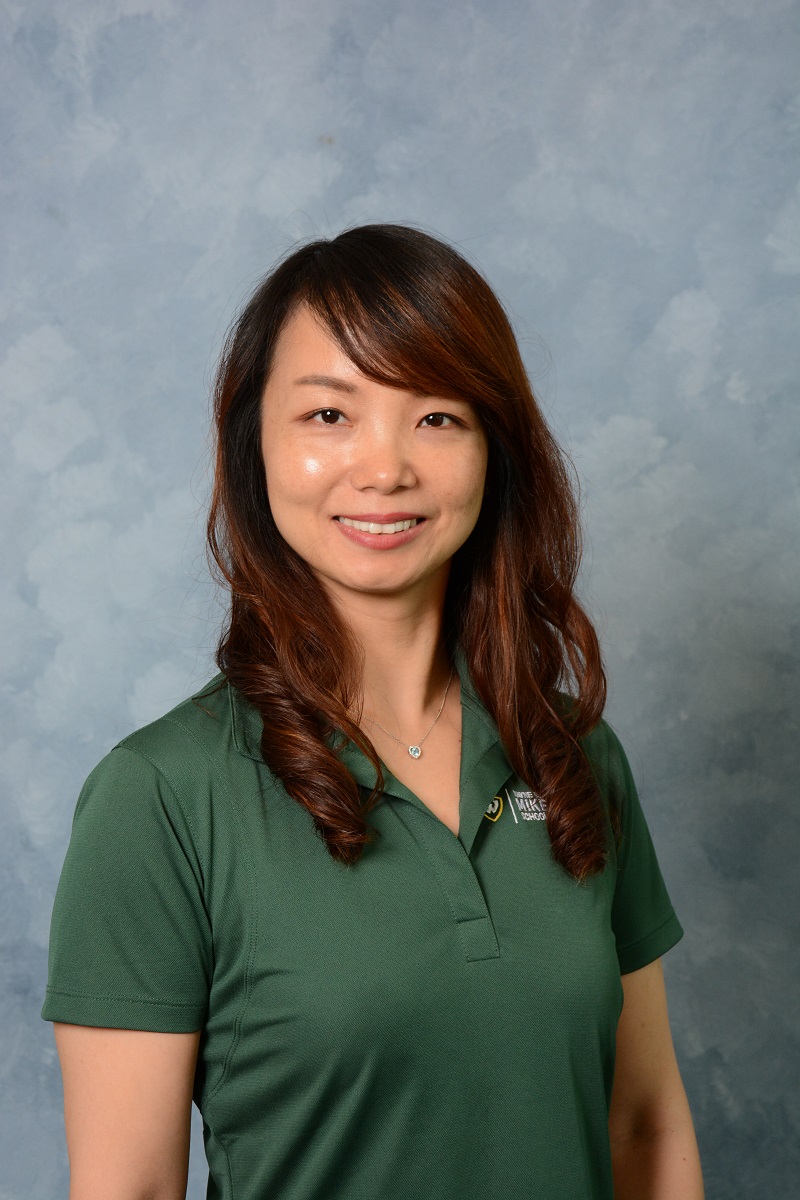Virtual study abroad is all business
The COVID-19 pandemic required adjustments to the learning environments for students and faculty, especially those who were meant to study abroad. Fortunately for the globally minded learners at WSU, some in the Mike Ilitch School of Business have successfully moved their study abroad courses online.

"Our annual study abroad trip to Central Europe was cancelled due to COVID-19, so instead of bringing our students to Europe, we brought Europe to our students," says Kevin Ketels, a lecturer in global supply chain management who is teaching a virtual study abroad course for Germany, Poland and the Netherlands.
"I developed a new class that is studying the intersection of business, culture and history within the Netherlands, Germany and Poland through the lens of marketing and supply chain management," says Ketels. "Twice a week we are visited by speakers from outstanding European companies and universities via Microsoft Teams for discussion-based class sessions. Students prepare by reading articles, case studies and analyzing culture, history and industry within each country."
Speakers have included experts on everything from cultural diversity to e-commerce networks. While the course is still ongoing, Ketels and three WSU students are participating in a research project that is studying the impact of Covid-19 on the agriculture supply chain in India.
Ketels is not the only one to have taken their course online. Tingting Yan, an associate professor of supply chain management recently completed a virtual China study abroad course. The class featured 16 students from Mike Ilitch School of Business and 22 from Wuhan University in China.
Being that this class featured a mix of international and domestic students separated by a 12-hour time difference, Yan says she had to try some new activities to keep students engaged.
"I put WSU and WU students in groups, each group having members from both schools," says Yan. "Then each group needs to decide the best meeting platform and schedule their weekly online meetings to ensure timely communication. I will randomly check with team members of each team to detect issues and help resolve them as early as possible."

Students were required to write a cultural report about the city and country of someone from the other school. "They have to cite comments and information from their teammates from the other university, which encouraged them to talk with each other about their own countries and cities."
Another project had students doing a negotiation game over Zoom, with students from one university being the buyer and the others being the seller. Students had to review transaction information, prepare their negotiation strategy, and then write a report about what they learned when it was over. "Students all love this game," says Yan. "It helped them practice many skills, such as oral communication, negotiation, quantitative analysis, cultural understanding, etc."
Given that this strategic supply management course is heavily case discussions, I have to come up with an effective, virtual way to engage students to analyze and discuss all the 10 cases. Therefore, I extensively used discussion board to ask students to comment each other's case analysis reports, which is another way for them to virtually interact with and learn from each other. Although ideally, we would do these cases in the classroom, I could also see the benefits of using discussion board to do case discussions, which did drive students to take a deeper and more careful look at each other's report and have a more in-depth and structured learning."
The Study Abroad office is currently developing ways for faculty and staff to create similar programs for the coming academic year. Email studyabroad@wayne.edu for assistance or more information.
By Jacob Stocking, OIP communications associate